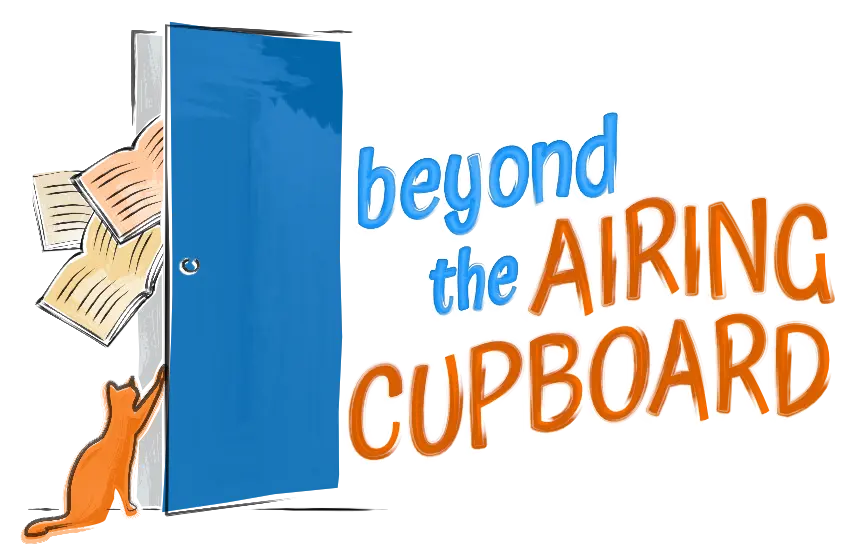It is sometimes simple to say why a book works for you but at other times it is very difficult. This memoir is focused on fishing. I know nothing about fishing and really have very little interest in it and yet I liked this book a great deal.
A blood knot is the simplest way to join two fishing lines but it obviously has another metaphorical meaning as well as in family ties and connections to the land, indeed to England.
The writer, Luke Jennings, trained with the Ballet Rambert as a young man. He was the dance critic for the Observer newspaper and is a writer and journalist. He also very much identifies as a fisherman and has done so since being a young boy.
The opening paragraph caught me immediately ( I wasn’t intending to go for a fishing pun!) as it was about Kings Cross in London. Now that it has been regenerated I know it well; some good restaurants and galleries and some great architecture. Luke Jennings however writes about the times before this when the whole area was derelict, dark, rubbish strewn and with a decided element of danger about it. He had favourite parts of the canal there where he went to fish at night. Did his youth make him feel invincible or did that frisson of danger add to the enjoyment of his fishing trip?
I still don’t understand all the fishing terms and I haven’t felt moved to look it all up. I will however remember the accomplished writing and the powerful picture of English countryside that Jennings evokes. His descriptions of water are remarkable, particularly when giving accounts of the quality of the surfaces of water and how varied they may be.
There are several supplementary stories running alongside the fishing narrative. Luke Jennings was brought up in a Catholic family, apparently the eldest of 11 children. I would dearly have liked to have heard more about his family but he was of course not writing an autobiography but a fishing memoir. He attended the secondary boarding school Ampleforth, sometimes called the ‘Catholic Eton.’ There he had a fishing mentor, Robert Nairac, a boy several years older than himself. He has his own storyline, joining the Grenadier Guards after studying at Oxford, being sent on intelligence missions to ‘The Troubles’ in Northern Ireland and ending his life prematurely when he was tortured and murdered by the IRA.
Originality is rare. It is though a word that I would employ for this book. It is delightfully different and a thoroughly good read.
P.S. I forgot to say that the other appeal of this writing for me is Luke Jennings’ lyrical prose about chalk streams. Having learnt over the last few years about the importance of chalk streams and indeed their rarity, I feel very fortunate to have one running through my front garden. The water is astonishingly clear and has a glassy transparency. It gives off an impression of purity and cleanliness and indeed ‘my’ chalk stream once provided the water for watercress beds. As long as it is protected from pollution it is a wonderful natural habitat. I can see small brown trout in the water and the stream provides a good lunch for herons, egrets, moorhens and several pairs of kingfishers. It is a good day when I see a kingfisher.
Jennings writes of Egeria, a chalk stream waterweed that really is beautiful. It is a brilliant viridian, almost emerald green. The leaf fronds float near the surface with the water current and at some point in the season the weed is dotted with tiny white flowers. Lovely writing.
